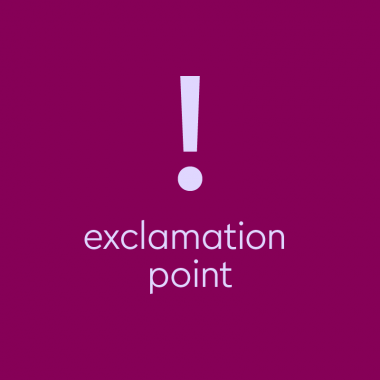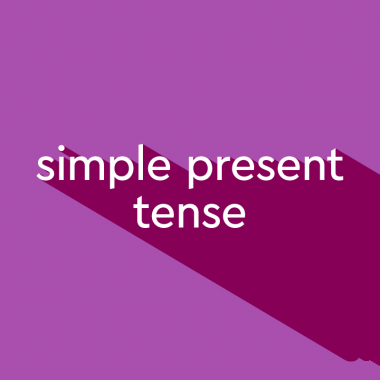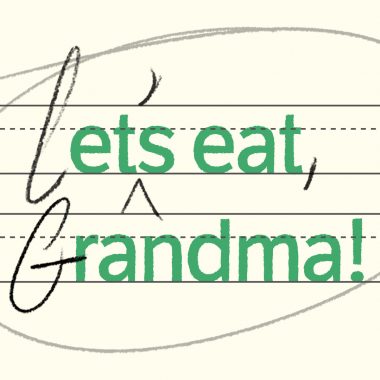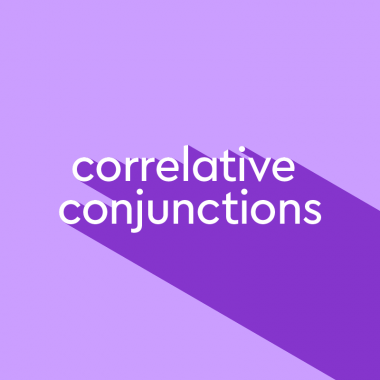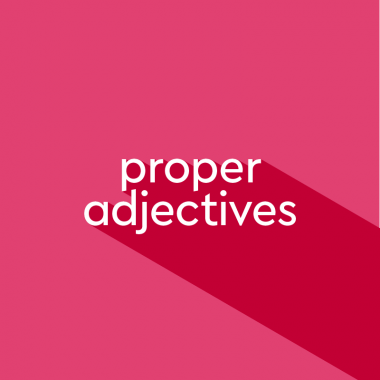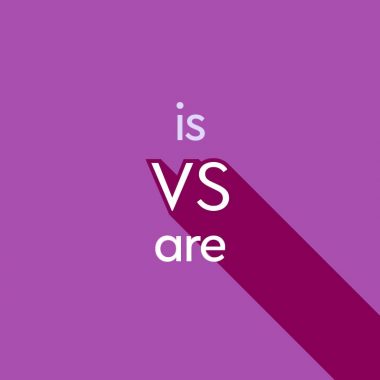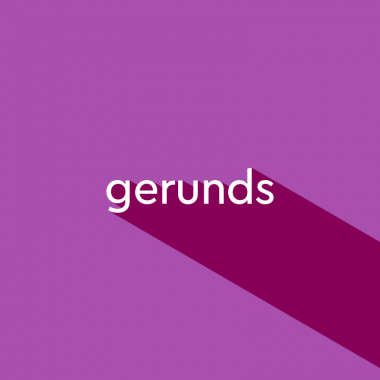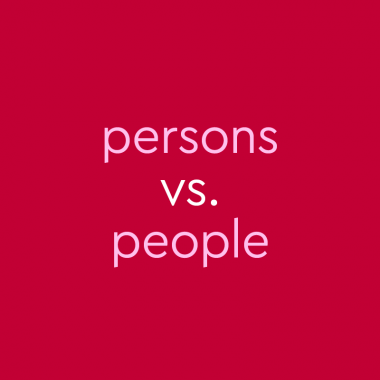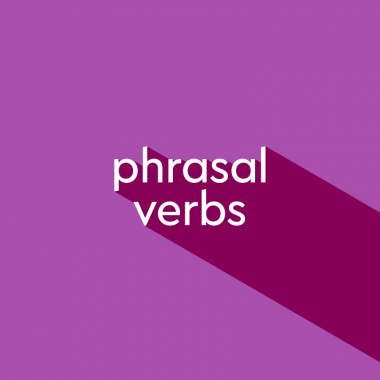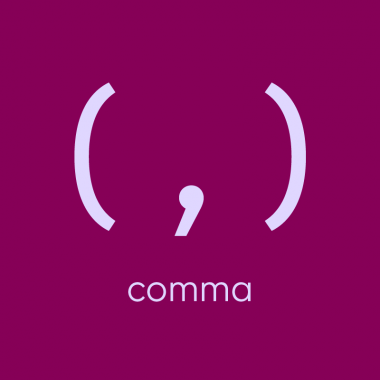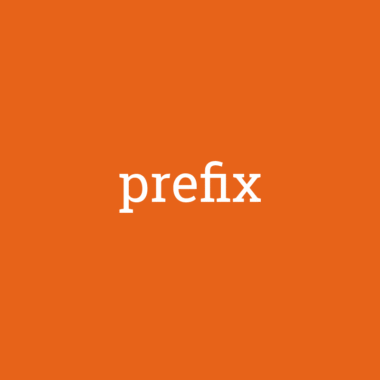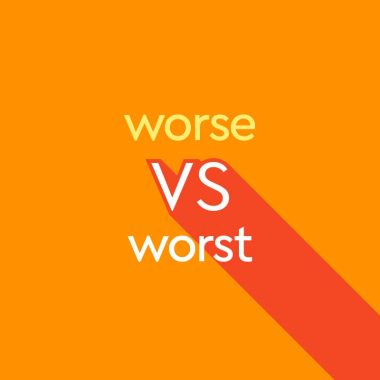What Are Exclamation Points (!) And How Do You Use Them?
Oh no! This is terrible! Awful! I can’t believe this! Someone else ate the last doughnut! Before we panic, we need to calm down and take a second look at the punctuation used in these sentences. Punctuation is the system of marks and characters we use in writing. The sentences we use to express our fear, terror, and shock during a doughnut crisis all use …
